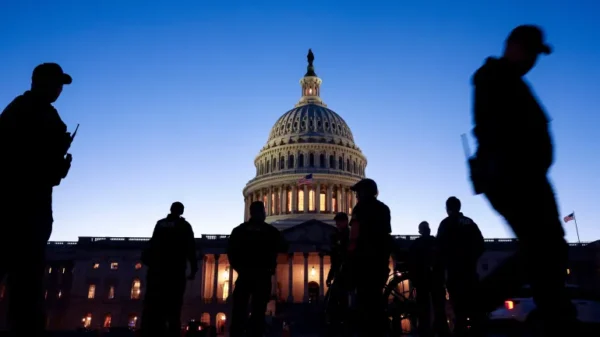International Pressure on Israel-Iran Conflict Grows
The international community is increasingly concerned as Israeli airstrikes on Iranian targets continue to escalate tensions, raising fears of a broader regional conflict. This military activity has prompted urgent calls for restraint and dialogue from UN leaders and global powers, who emphasize that the stability of the Middle East hangs in the balance. The situation has reinvigorated longstanding concerns about security and diplomatic relations in an already volatile region.
Israeli Airstrikes and Regional Security
Israel’s airstrikes on suspected Iranian military sites have been framed by its government as defensive measures to counter perceived threats, including potential arms shipments and strategic infrastructure. These operations, however, have provoked strong responses from Iran and its allies, fueling fears that the hostilities could spiral into a larger-scale conflict involving multiple nations. Analysts point out that further escalation could destabilize neighboring countries and potentially disrupt global energy markets and supply chains.
UN Calls for Restraint and Dialogue
The United Nations has taken a leading role in calling for de-escalation and diplomacy. UN Secretary-General António Guterres has urged both Israel and Iran to exercise restraint and prioritize peaceful dialogue over military action. The Security Council has held discussions to assess the potential impact of these hostilities on international peace and security. UN officials warn that unchecked aggression could not only lead to severe human casualties but also weaken ongoing peace initiatives across the region.
Global Leaders and Responses
World leaders have echoed the UN’s sentiments, emphasizing that continued military strikes pose significant risks. The European Union, the United States, and other influential global players have all called for renewed diplomatic efforts to mitigate the situation. Despite geopolitical complexities, these powers stress that dialogue remains the most viable solution to avoid escalation. However, the path to negotiations is fraught with challenges due to historical grievances and strategic rivalries.
Regional Implications and Risks
The increased tension between Israel and Iran places immense pressure on regional alliances and could trigger unintended consequences for countries such as Syria, Lebanon, and Iraq, where proxy conflicts and military alignments have historically played out. The involvement of these states, either directly or indirectly, could lead to wider regional conflict. The potential for miscalculation or escalation by non-state actors further complicates the security landscape and raises the stakes for all parties involved.
Calls for Broader International Mediation
Given the complexities of the Israel-Iran dynamic, experts are advocating for broader international mediation to bring both sides to the negotiating table. Calls have been made for multilateral talks that include key stakeholders such as the UN, the EU, and regional organizations. Such an approach could help foster an environment conducive to easing tensions and establishing frameworks for long-term peace and cooperation.
Conclusion: The Need for Diplomatic Solutions
As the international community continues to monitor the developments between Israel and Iran, the urgency for diplomatic solutions is more apparent than ever. Without a concerted effort to promote dialogue and de-escalation, the risk of a broader conflict could grow, with far-reaching implications for the Middle East and beyond. Global leaders and organizations are under pressure to act swiftly to facilitate discussions that could avert further military confrontations and foster regional stability.



































